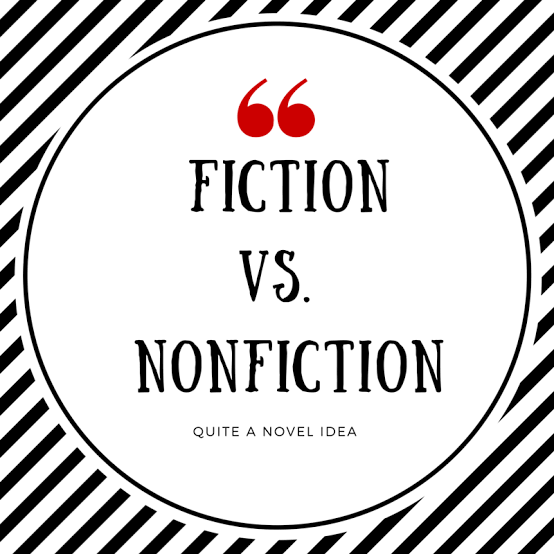Novels: Fantasy vs Realism
Fantasy & realism are genres of literature that tends to diverge people. One of the more curious sides to the criticism of children’s literature is the urge to polarise fantasy and realism into rival genres, and to assert that children prefer one or the other, or ‘progress’ from fantasy to realism (or vice versa). I’m 10 and I read a fair share of both genres.
Sometimes, it feels Fantasy & realism are at war. Fantasy is accused of being shallow and mindless, while realism is blasted for being pretentious and boring. This debate has died and risen again more times than zombies in pop culture. Shoving books into such an arbitrary binary may seem unnecessary, but it does matter in terms of public perception and awards like the Booker Prize for realism or the Hugo Award for fantasy.
The oft-repeated logic is that serious readers prefer realism while fantasy caters primarily to children or those who view reading to escape from reality. I believe that escaping from reality is required sometimes and gives me immense pleasure personally. In fact, authors like Roald Dahl, J.K. Rowling, C.S. Lewis, Antoine de Saint-Exupéry transport me to the world of fantasia where I dream, create and imagine the impossible. Fantasy gives you a chance to explore vide your eclectic imagination. The assumption is that fantasy is of lesser value than realist writing – which is why it is commonly associated with children and the imagination. This pitting of fantasy and realist writing against each other corresponded with the development of separate literatures for children and adults. The serious realist novel was for adult male readers, whereas fantasy and romance were relegated to the readership of women and children. This gendered perception of fantasy is quite interesting though, well tides of time are changing now.
The peculiar thing about this marginalisation of fantasy is that all writing is “fantasy” to some extent. Even realism is a constructed and imagined representation of reality, not reality per se. Fantasy just happens to be a more exaggerated departure from reality. One of the most obvious benefits of fantasy is that it allows readers to experiment with different ways of seeing the world. It takes a hypothetical situation and invites readers to make connections between this fictive scenario and their own social reality.
Actually, fantasy can explore quite complex social issues in ways that are less confrontational than realism because it takes place in a world that is distanced from social reality and can also be mediated with humour.
The reason I feel bored reading books on realism is because more or less of it usually takes place in our own lives. A realistic literary work depicts the world as it is, not as it could be. Realism focuses on ordinary people going about their ordinary lives in an ordinary world. The protagonist is ordinary rather than heroic, and the events are commonplace rather than extraordinary. Everything, is normal except for one or two elements that go beyond the realm of possibility as we know it.
Fantasy explores what is impossible. Strays away from the laws of nature. Is founded on imagination. Therefore, without doubt one of the oldest genres in the literary circles and that is a why a new genre has emerged known as “Magical Realism”. Magical realism portrays fantastical events in an otherwise realistic tone. It brings fables, folk tales and myths into contemporary social relevance. Magical realism paints a realistic view of the modern world while also adding magical elements, often dealing with the blurring of the lines between fantasy and reality.
I look forward to reading more of this beautiful amalgamation of real and magical elements that will produce a more inclusive way of writing.
Well, these are my thoughts about Novels: Fantasy vs realism.

